The World Bank is to spend 45 per cent of its budget on climate change, more than $40 billion annually. Bjorn Lomborg has described raiding development funding for climate spending as an ‘abysmal’ decision. These funds for climate change abatement and adaptation offered under the United Nations Framework Convention on Climate Change explain why poor countries, many of them corrupt, make big bids for climate funds. In doing so, they invest in the wrong priorities. The way to combat climate events is to get rich.
Haiti is ungovernable such is the corruption in government. Haiti claims that in ten years, the losses caused by climate disasters have increased significantly and caused US$400 million in damage in 2020, equivalent to 50 per cent of international aid and 20 per cent of the national budget. In a speech to the UN Conference of the Parties, its leader demanded that it get its hands on part of the US$100 billion per year promised [but not yet delivered] by developed countries in the name of ‘solidarity and climate justice’. Don’t you love the rhetoric?
Programs drawn from the climate bucket will prioritise climate responses, but will they save lives? Alternatively, Bjorn Lomborg’s Copenhagen Consensus group recommended far more pragmatic reforms. Haiti’s electricity generation is based on oil. The country has no single centralised transmission and distribution system but ten isolated regional grids. It also lacks an interconnection with the Dominican Republic. Lomborg did not recommend arrays of wind turbines and solar panels but the reform of the electricity utility, Electricité d’Haïti. How old-fashioned is that! The top recommendation was to create the conditions for an ‘autonomous, accountable and efficient electric utility’. Nothing to do with renewables. Each dollar spent on the proposal would generate benefits worth 22 dollars.
The second top-ranked proposal is adding micronutrients to a staple food item such as wheat when milled or bagged in Haiti. Other priorities were increasing access to early childhood education, which leads to a lifelong increase in earnings, training first responders to save lives, and boosting infant immunisation coverage to 90 per cent.
None of these reforms has anything to do with climate, but it did not stop Haiti politicians from talking up climate change to get their hands on money. Warping development priorities is perhaps the most awful result of the climate cult that has swept the developed world, especially the democracies.
The big crooks of Venezuela and Honduras also use the climate game to screw money from the developed world (while bagging capitalism). Venezuela claims the world’s largest tropical rainforest National Park, which is not the largest tropical rainforest region, but they make it sound a big deal. Venezuela and numerous South American and Central African countries, such as the Congo and other areas, claim to hold ‘ecological services’ that the rest of the world should pay for to absorb CO2.
Venezuelan President Maduro boldly stated at COP 26, ‘We approach the fight against Climate Change from the principles of Ecosocialism, understanding that the care of the environment is intrinsically related to the sustainable model and production, with a broad and deep social content that pursues the overcoming of poverty.’ It generates its power from hydroelectricity, gas, and oil. Maduro, up for re-election this month, has ruined the economy and banned some opponents from running.
With all of the dignity he could afford, Juan Orlando Hernández Alvarado, President of the Republic of Honduras, declared at COP 26, ‘In my country, Honduras, from 1970 to 2020, 82 natural disasters have been recorded, of which 67 were influenced by the effects of climate change.’ He claimed losses of $US 6 billion, 22,000 dead, 11,000 missing, and millions of Honduran families losing their homes and income. He claims that Hondurans and Central Americans are emigrating due to climate change. The president demanded environmental compensation from the developed nations.
Unknown to most Hondurans at the time, Hernández was trafficking cocaine. A court in New York recently sentenced him to 45 years in prison after he was convicted of trafficking hundreds of tonnes of cocaine into the US.
It is galling to create a climate crisis and then, like the COVID response, force prescriptions for one problem above all others, forcing out competing needs, other sources of loss of life, and other priorities. Crooked politicians, as well as good ones, grab the money under any pretence.
Gary Johns is chair of Close the Gap Research and author of The Burden of Culture.










